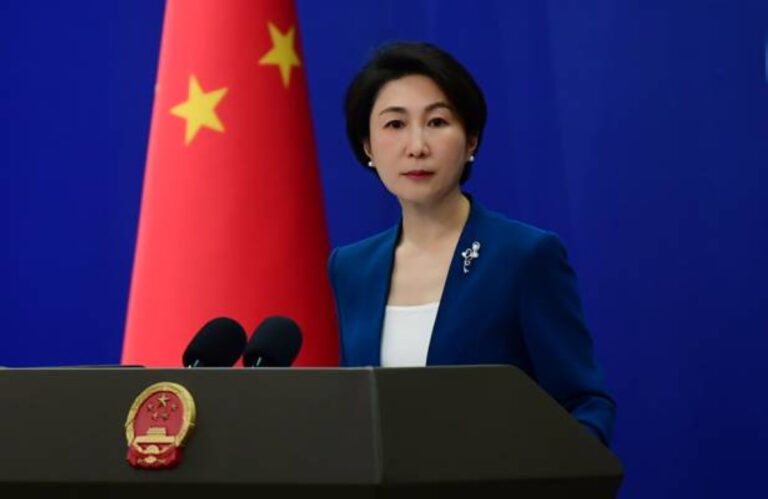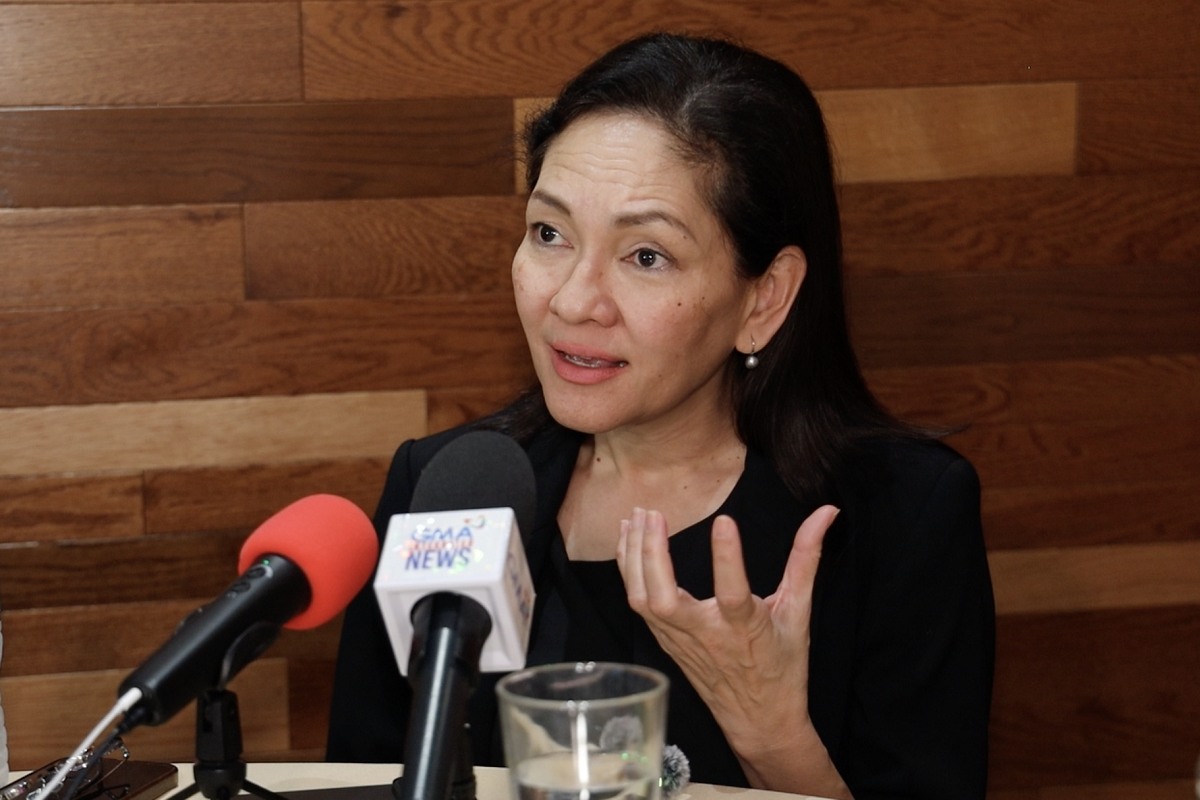Senator Risa Hontiveros is calling for stronger safety measures that will protect the rights and the well-being of overseas Filipino workers, as she is scheduled to meet at least 50 OFWs in Qatar who reportedly suffered abuse from their employers.
In a statement, Hontiveros said the meeting with the distressed OFWs is part of her official trip to Qatar, where she will also hold discussions with Philippine diplomatic and labor officials, as well as migrant community leaders, regarding the government programs and policies for the safety of migrant workers.
Hontiveros, chairperson of the Senate Committee on Women, Children, Family Relations, and Gender Equality, expressed concern about the acts of physical and emotional abuse and unfair labor practices reportedly perpetrated against Filipino workers in Qatar, particularly against women serving in domestic roles.
“According to government records, 57 percent of OFWs deployed in Qatar are household workers, and a majority of them are women who are especially vulnerable to abuse by employers,” Hontiveros said.
She stressed the need for Migrant Workers Offices in Qatar and other similarly situated countries to be empowered and properly trained to better assist distressed Filipino workers, especially those she tagged as “runaway workers” who are facing threats from their employers or other persons.
The Department of Migrant Workers (DMW) and the Department of Foreign Affairs (DFA) were also urged to step up their capacity to monitor and reach out to distressed workers.
Hontiveros said that the DFA and DMW should work closely with their foreign counterparts “to ensure that the safe working conditions and expanded rights and benefits under Qatar’s new unified and enhanced standard employment contracts for Filipino workers are strictly enforced,” noting that violations of employment contracts continue to be an issue for OFWs.
She also suggested enhancing the pre-departure seminars for vulnerable OFWs, like domestic workers, so workers are “fully and consciously aware” of the cultural, religious, social, and even linguistic challenges that they may face.
The lawmaker called on the Philippine government agencies to renew their efforts to prevent Filipinos from being victimized by human trafficking scams or by employers and placement agencies that impose unjust and slave-like working conditions.
“One of the most effective means of combating abuse and harassment of Filipino workers is by clamping down on scammers and recruiters who wish to victimize Pinoys looking for gainful employment overseas,” Hontiveros said.
Hontiveros authored the expanded Anti-Trafficking in Persons Act in the Senate.


















